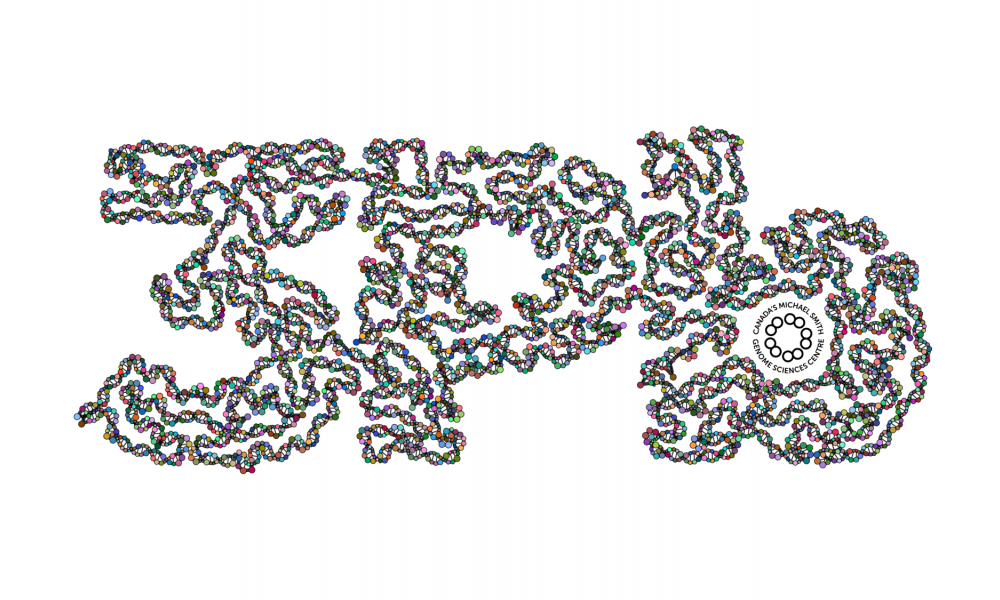News
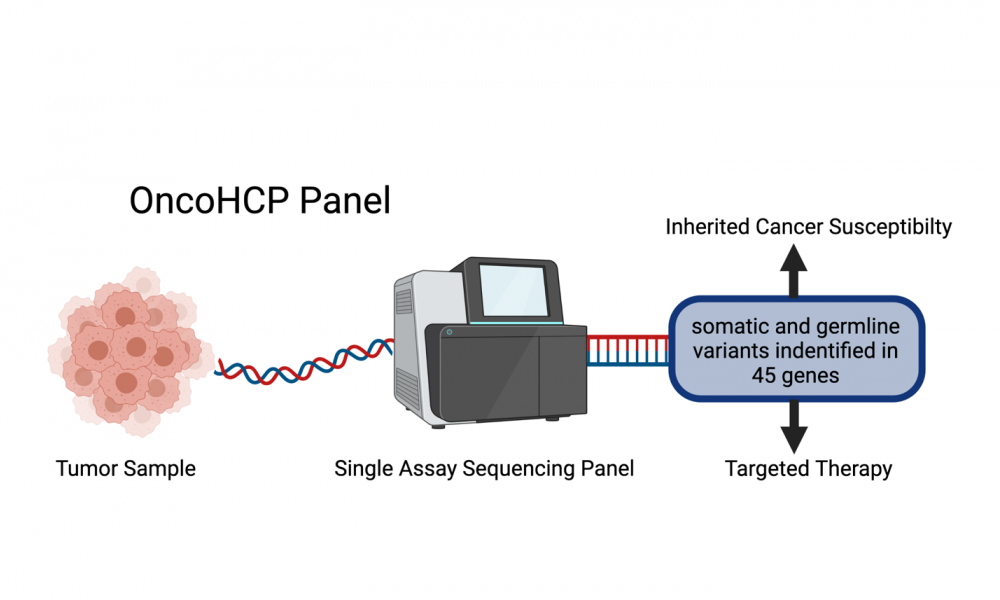
Tumor sequencing panel screens for both somatic and germline changes of clinical significance
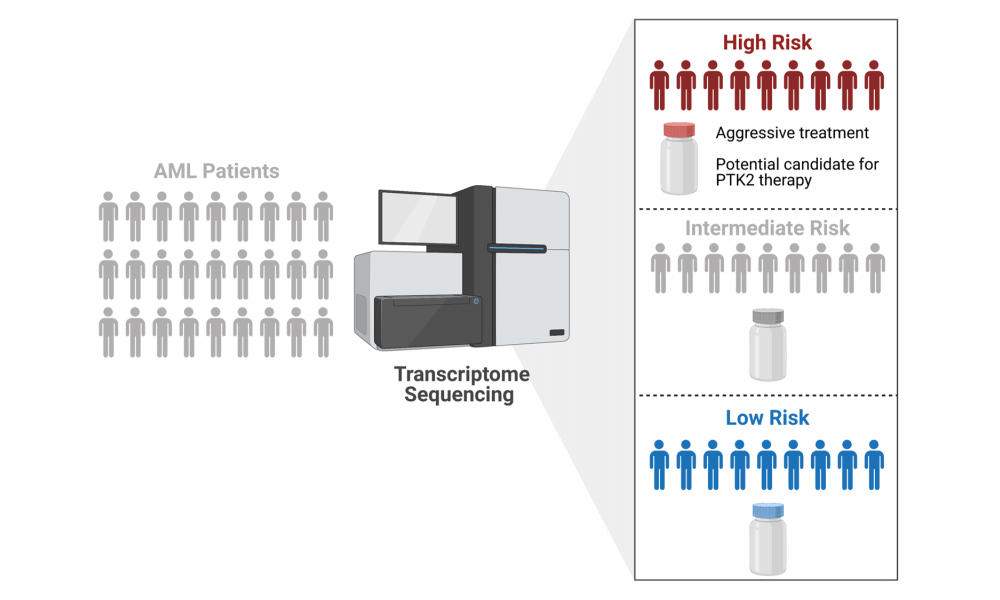
A novel transcriptome-based clinical assay allows for improved risk group stratification of acute myeloid leukemia patients

Dr. Marco Marra joins Canada’s Medical Hall of Fame
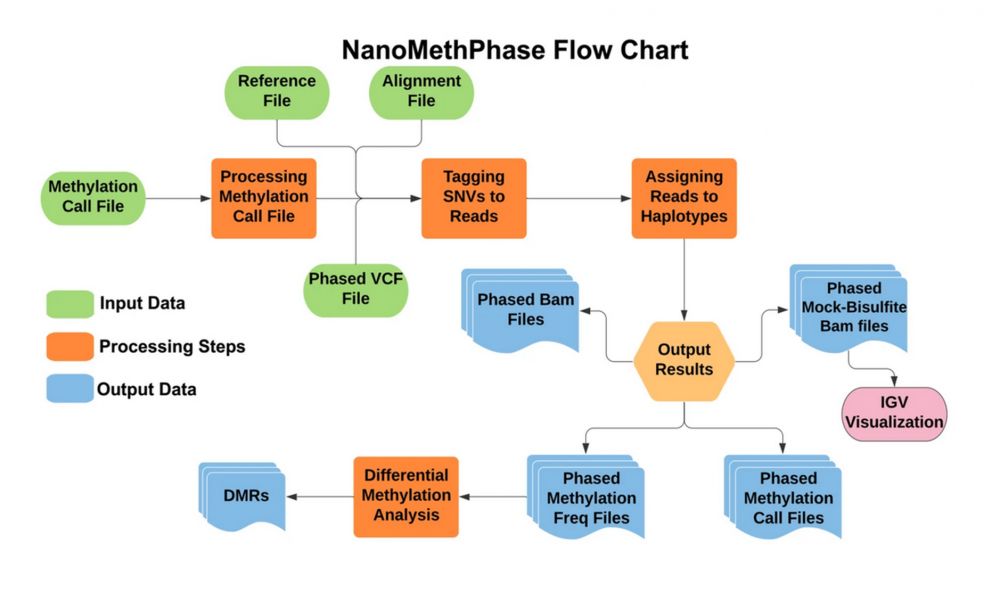
A new method for analyzing silenced genes
Cancers are diseases of the genome. They can result from minor changes to single or a few base pairs, known as mutations, or from larger structural changes to the genome, including how it is packaged into chromosomes and manipulated by other molecules. Understanding how things have gone wrong in specific cancers can help scientists develop better prognostic tools and treatment strategies.
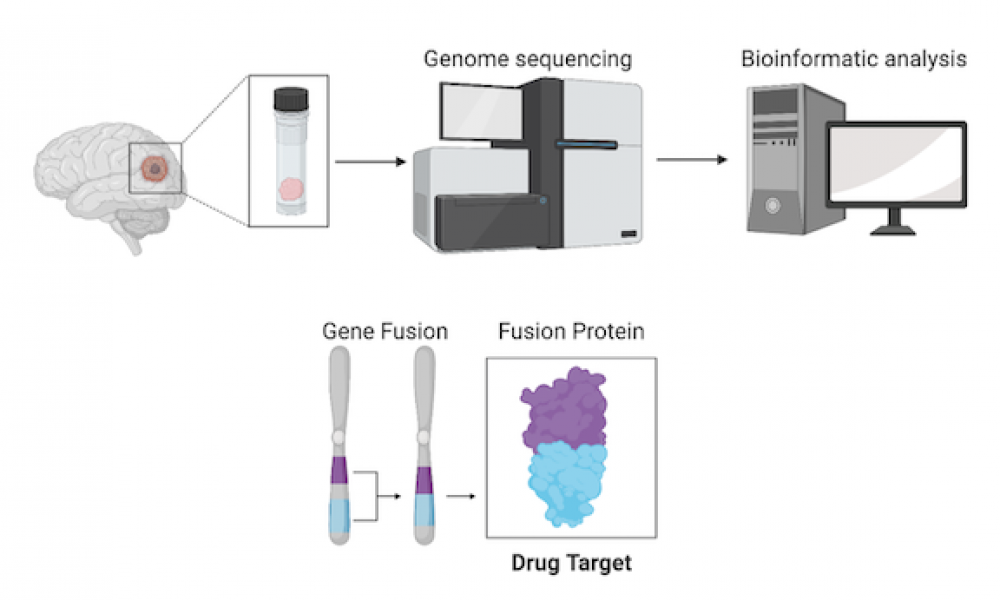
Pediatric case study demonstrates value in whole genome sequencing for cancer treatment planning
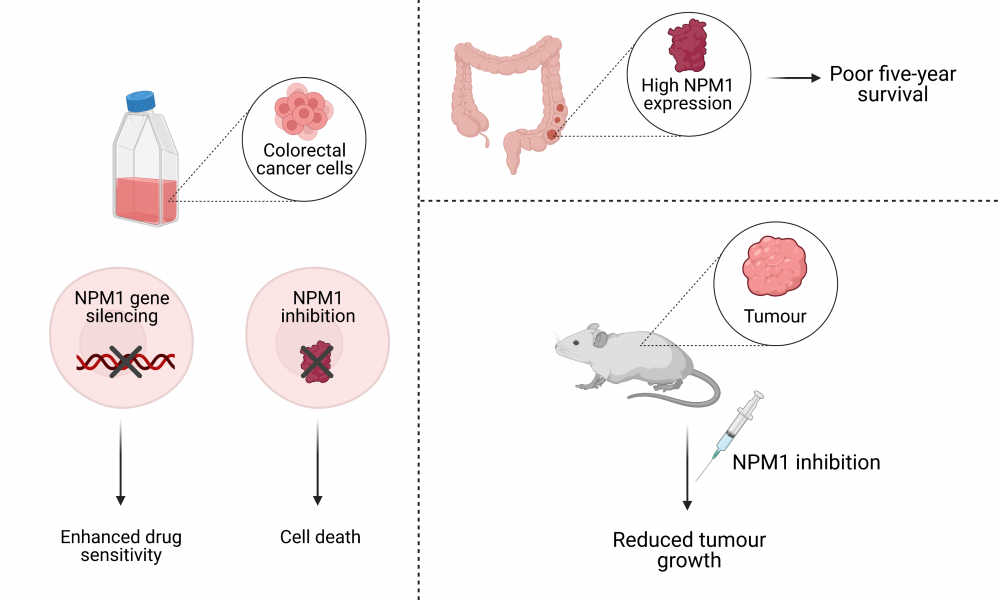
New study provides insight into the molecular biology of colorectal cancer
World Cancer Day 2021
February 4 is World Cancer Day—a global initiative led by the Union for International Cancer Control. Patients, families, communities, clinicians, researchers and others are joining together to raise awareness and to act.
Here at Canada’s Michael Smith Genome Sciences Centre at BC Cancer, we are making significant strides in realizing the benefit of genomics in researching, understanding, diagnosing and treating cancer.
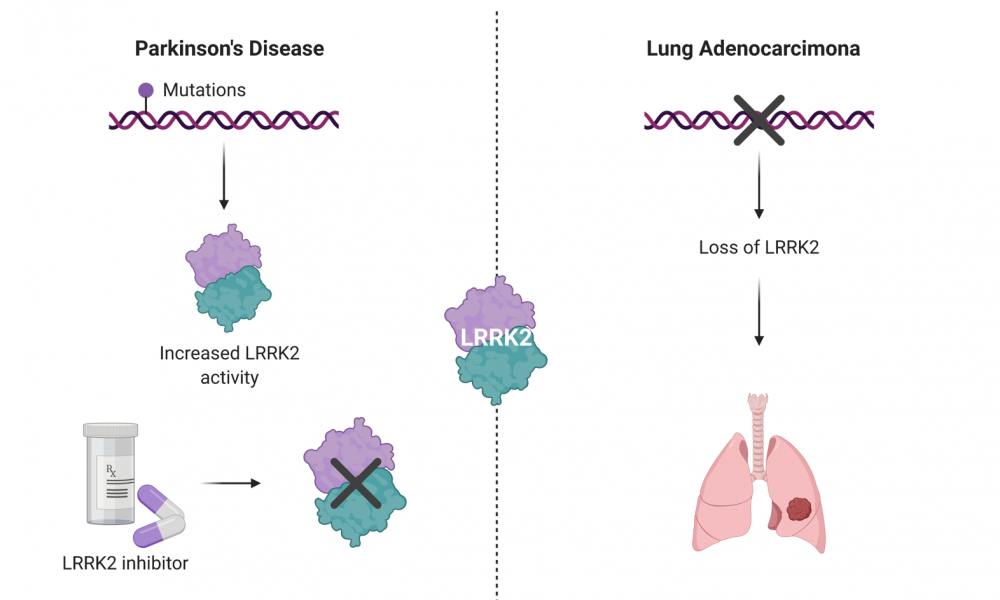
Parkinson’s disease and lung cancer: LRRK2 gene a shared culprit?
